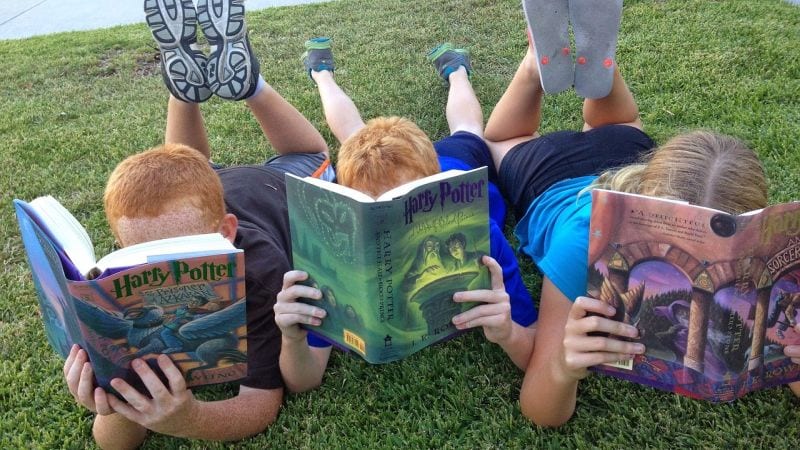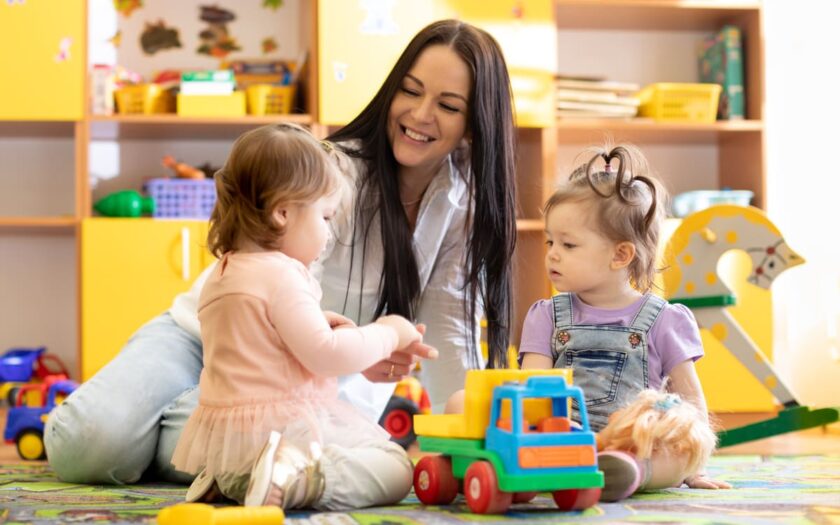At 4 months old, your baby is reaching exciting new milestones in their growth and development. From improved physical coordination to increased social interactions, this stage is full of remarkable progress. Understanding what to expect and how to support your baby can help ensure they thrive during this crucial period.
My 4-Month-Old Baby: Growth and Development Milestones
From 4 months, your baby will quickly be learning to coordinate their body. They will have more control over what they do, their vision, touch, and hearing will be much more developed, and they will start to move around much more. They can communicate much better too, and the amount of time they spend crying should have settled by now.
Your baby will still be gaining weight steadily — probably about 0.45kg to 0.56kg a month. Most babies have doubled their birth weight by the time they reach 4 months of age. Their bones will be growing fast and they will be getting longer.
Along with their physical growth, 4-month-old babies are learning more about their place in the world. They will be starting to show an interest in solid food, and many of their new skills are preparing them for chewing. You may notice them reaching for food or mimicking chewing motions as they watch you eat.
Your baby is now due for their next round of vaccinations, which will be the same as their first round: 2 injections and the oral rotavirus vaccine. Your child may be offered an additional injection if they are Aboriginal and Torres Strait Islander or if they have certain medical conditions. Regular check-ups with your healthcare provider will help ensure your baby is growing and developing as expected.
Milestones and Skills: What Your 4-Month-Old Can Do
By 4 months old, your baby is rapidly developing new skills and abilities. They are gaining better control over their body, exploring their surroundings more actively, and beginning to show their unique personality. This exciting stage brings significant milestones in physical, cognitive, and social development.
- physical Development. Your 4-month-old will start picking up objects with their fingers and thumb, often trying to put their hands and everything else into their mouth. This is a normal part of development as they teach their mouth new skills and prepare for solid food. Be cautious to prevent them from putting anything small enough to fit completely into their mouth, to avoid choking hazards. From 4 months, your baby’s physical skills will become more noticeable. They will soon begin rolling over, sitting up, and some may even start crawling in the next few months, although most babies start crawling around 9 months;
- cognitive Development. Your baby’s eyesight is significantly improving, and they will begin to link what they see with what they hear, taste, and feel. They will show more curiosity about their surroundings and may begin to explore objects in more detail;
- social Development. Now you can really start to have fun with your baby. You can look into each other’s eyes, smile, laugh, and have ‘conversations.’ They will enjoy social interactions and respond to your expressions and sounds, enhancing their social skills;
- emotional Development. Babies at this age love looking at themselves in the mirror and might smile and talk to their reflection. They can chuckle, show delight, excitement, and even emotions like anger and frustration. Instead of crying, they might whinge when they are upset. You will learn to recognize your baby’s cues for hunger or tiredness, allowing you to respond more effectively;
- language Development. By 4 months, many babies will try to copy sounds, saying things like ‘ah-goo’ and squealing. They might even say ‘ma-ma’ or ‘da-da,’ although they probably don’t connect these words with you yet. They are beginning to experiment with their vocalizations, laying the groundwork for future speech development.
At 4 months old, your baby is rapidly developing new physical, cognitive, social, emotional, and language skills. This exciting stage is filled with increased interaction, exploration, and emerging abilities that lay the foundation for future growth. Enjoy this precious time as your baby continues to discover and engage with the world around them.
Supporting Your Baby’s Growth: Tips for Development at 4 Months Old
Continue to talk and read to your baby to help them learn about language and communication. Use different tones, intonations, and facial expressions to make the stories engaging. Singing songs, reading books, playing with toys, and making funny sounds will delight your baby and stimulate their development.
Establishing a routine can help your baby feel safe and secure. If it works for both of you, try to do things in a similar pattern each day. This consistency will be comforting for your baby and help them understand what to expect.
As your baby approaches the age of moving around, it’s a good idea to prepare your home. Baby-proofing now can prevent accidents and make your home safer for your curious little one.
Development Problem Signs
All babies develop at different rates, but by 4 months, talk to your doctor or maternal child health nurse if your baby:
- doesn’t seem interested in things around them;
- doesn’t seem to recognize you;
- isn’t making any vocal sounds;
- doesn’t open their fingers;
- doesn’t kick their legs or their legs are bent most of the time;
- doesn’t follow an object with their eyes or make eye contact;
- doesn’t turn when you speak to them or isn’t startled by loud noises;
- is unhappy or unsettled most of the timeю
Supporting your baby’s growth at 4 months involves engaging with them through talking, reading, and playing to stimulate their development. Establishing a routine can help them feel secure and preparing your home for their increasing mobility is essential. If you notice any developmental concerns, consult your doctor or maternal child health nurse to ensure your baby is progressing well.



